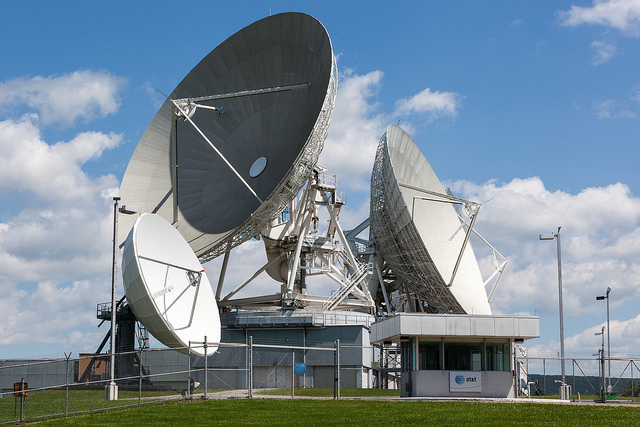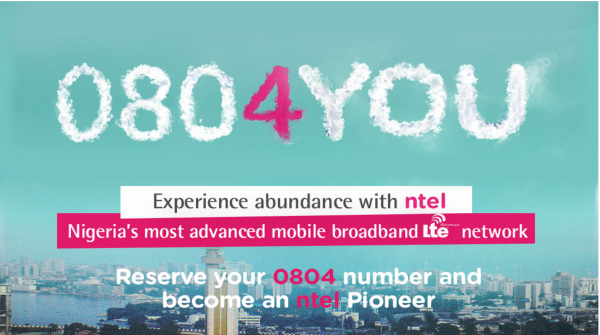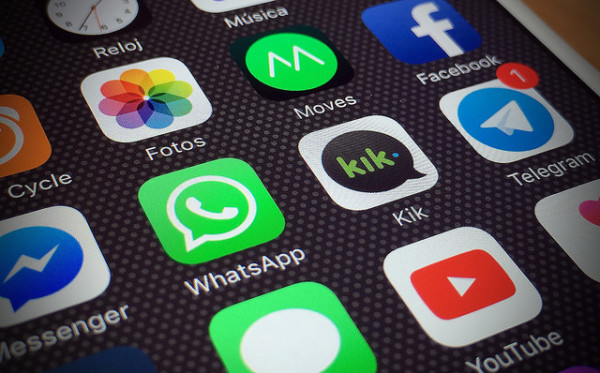I just read on Thisday, that Mr. Kamar Abass, the CEO of Ntel (the new kids on the block in the Nigerian telco space), has announced that they will commence phase 1 of their product launch on April 8, by selling their 0804 mobile numbers in Lagos and Abuja. I know that at the moment, you can go reserve your phone number.
The Nigerian Communications Commission (NCC) has given Ntel the license to launch its VoLTE (Voice Over LTE) network, and they have reportedly deployed around 200 kilometres of metro fibre optic transmission cables. Translation: they are pulling out all the stops to make sure the launch is seamless, as well as the service delivery after it.
For those of you who are wondering, Ntel is the newest reincarnation of the now defunct telecoms company, NITEL. The Nigerian government handed over NITEL/Mtel assets over to NATCOM (Ntel’s parent company) in a deal worth $252 million last year. Before that, there had been many attempts to resurrect or offload Nigeria’s principal telecommunications company, and they all fell through. Because of all that drama, there’s been more than a little skepticism in the air about whether NATCOM can turn around the curse that appears to have plagued the NITEL assets they’ve bought over.
In the same vein, they have entered a partnership with IHS and Helios Towers, to setup up to 600 base stations in Lagos and Abuja, and later another 200 in Port Harcourt. These guys are serious.
“We are rolling out physical sites in three cities on our 900MHz and 1800MHz bands to launch Voice over LTE come April 8, 2016.” Kamar Abass said, “We have signed agreements with trade partners and fulfilled all licence authorisations and payments and we are up-to-date and there are no impediments to our launch.”
Their target demographic seems to be young middle-class Nigerians, with relatively high spending power. That is, the kinds of people to care about fast, reliable internet access. And they aren’t the only ones moving into this space; Smile Communications launched their VoLTE service last month, called SmileVoice, and I expect other players in the space to unveil their own offerings in the near future.
Mr. Abass looks optimistic. He predicts that 168 million people in Nigeria will become mobile broadband customers between now and 2019. Lofty prediction, if you ask me, but we’ll wait and see. If his company can deliver as much value as they say, then it doesn’t look very far-fetched. They will overthrow the incumbents. If not? Then all they will have going for them is Ben Bruce’s #BuyNaijaToGrowTheNaira campaign. I’m not holding my breath.



